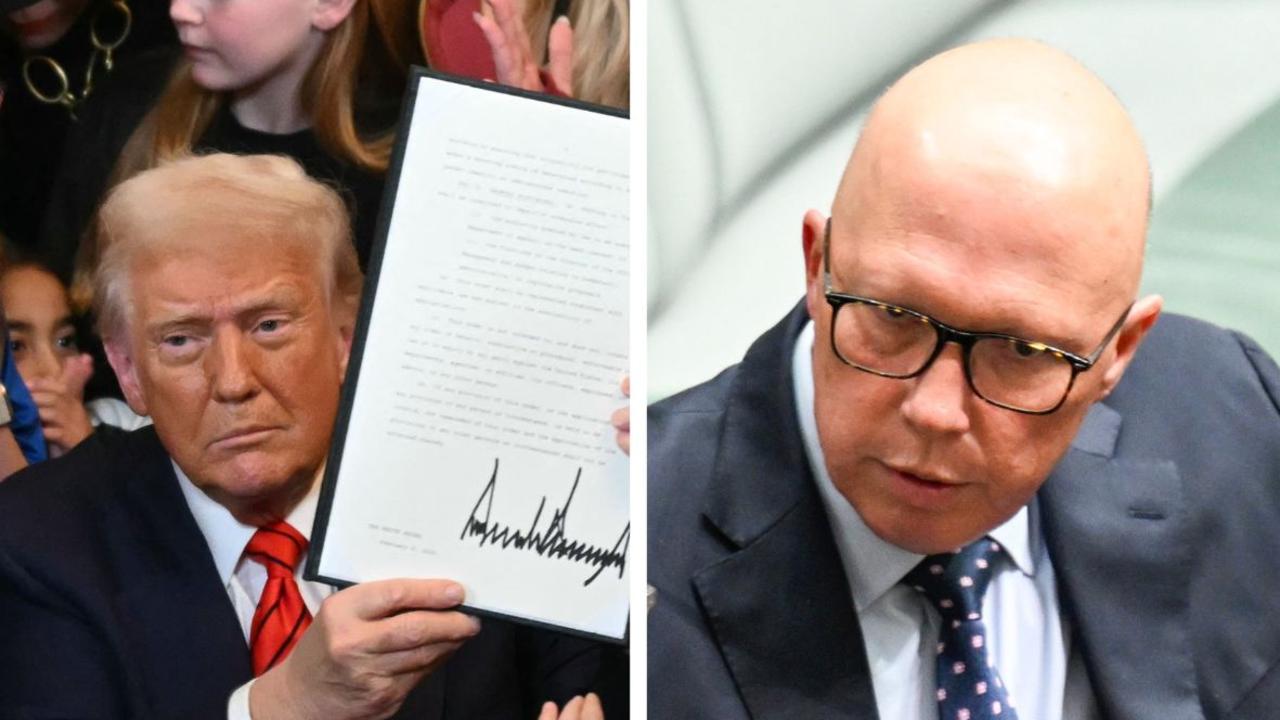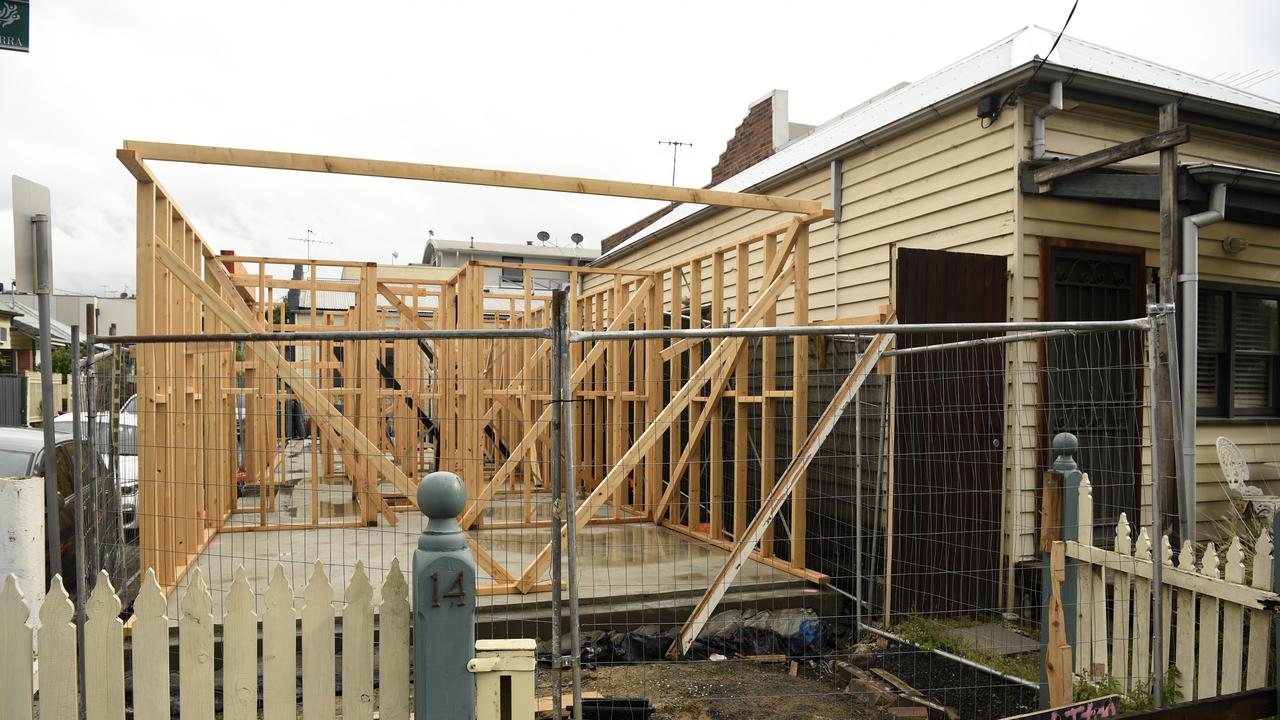Labor’s renewables jobs promise gone with higher power prices
Labor has been accused of setting the country up for an economic “black hole” that could cost the country more than 300,000 jobs thanks to rising power prices and a rushed push to net zero.
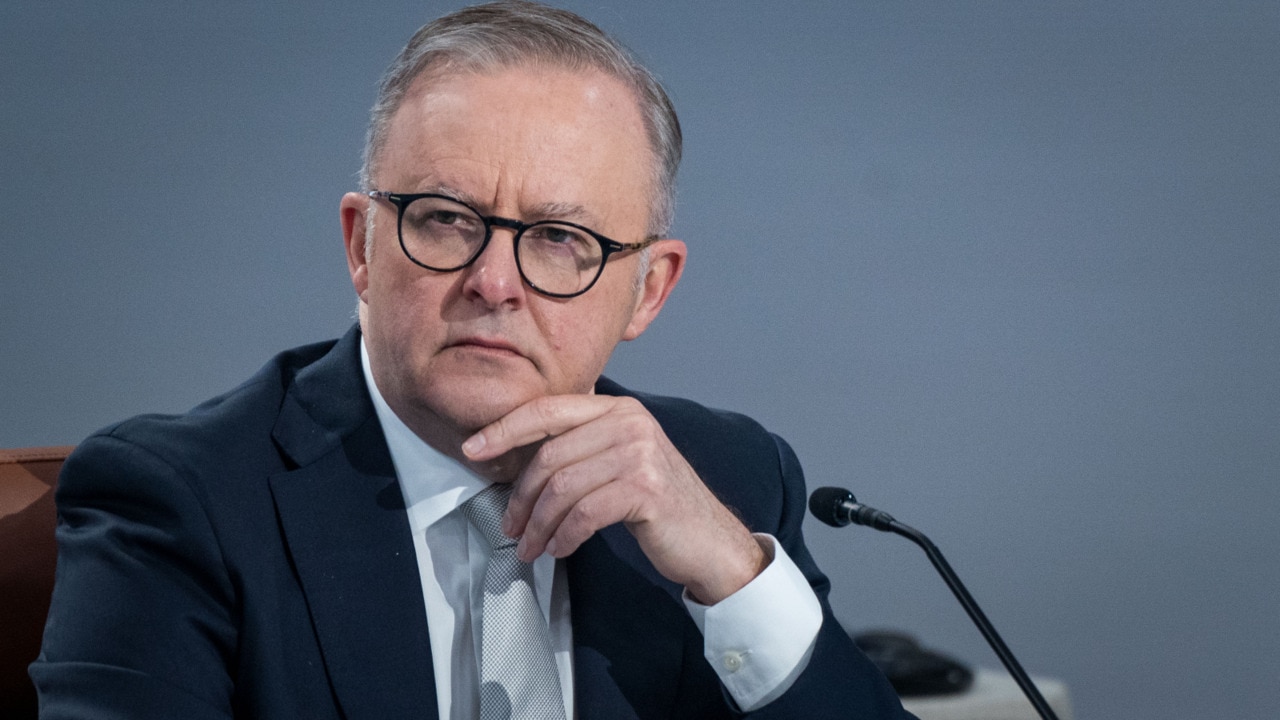
National
Don't miss out on the headlines from National. Followed categories will be added to My News.
Labor has been accused of setting the country up for an economic “black hole” that could cost the country more than 300,000 jobs thanks to rising power prices and a rushed push to net zero.
Opposition energy spokesman Ted O’Brien made the comments after reports that some Labor members and unions were pushing the Albanese government to go harder on its renewables targets and aim to beat its current target of a 70 per cent emissions cut by 2035.
“Chatter about 2035 targets is Labor’s attempt to deflect attention from its failure to deliver on any of its 2030 targets,” Mr O’Brien said.
“None of Labor’s 2030 targets are on track – the 43 per cent emissions-reduction target, 82 per cent renewable energy target, 89 per cent electric vehicle target and the all-important $275 reduction in power bills are all set to fail – and so no matter what target they set for 2035, they can’t be trusted to deliver.
“It is also set to fail on its jobs commitment, with a 306,000 jobs black hole in its energy plan due to its broken promise on energy prices. Higher prices equals fewer jobs.”
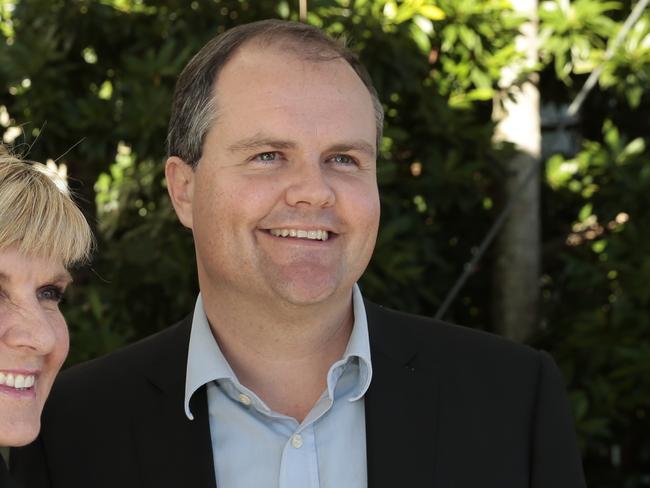
The reference to jobs comes from Labor’s own economic modelling which claimed an “induced” benefit from lower power prices amounting to 306,000 jobs. However, despite promises to reduce power bills during the election campaign, household and commercial power prices have skyrocketed.
In NSW, the most recent round of domestic energy price hikes earlier this year saw average bills jump by between around 19 and 25 per cent, depending on the network.
The push to move faster on renewables was also attacked by unions and economists, who warned against appealing to an “inner city crowd”.
“There’s absolutely nothing wrong in principle with ambitious carbon-reduction targets so long as they do not compromise the viability of Australian manufacturing,” said Australian Workers’ Union national secretary Paul Farrow.
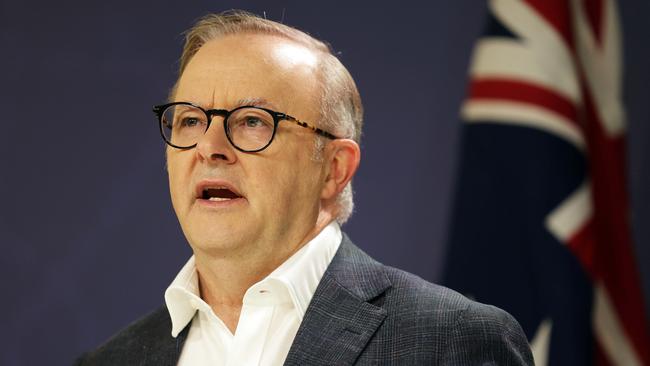
While Mr Farrow praised Labor’s safeguard mechanisms to protect emissions-intensive industries, he also blasted “ the Greens and fringe elements within the labour movement, who like to demonise energy-intensive manufacturing and want to pretend that vital materials like aluminium, steel, cement and glass can be produced from renewables alone.”
Robert Barr, director of Electric Power Consulting, said the grid was already dangerously out of balance, adding that there was a need for low-emissions baseload generation because otherwise “the cost will keep going up because of the overbuild of wind and solar and very high transmission and distribution costs”.




